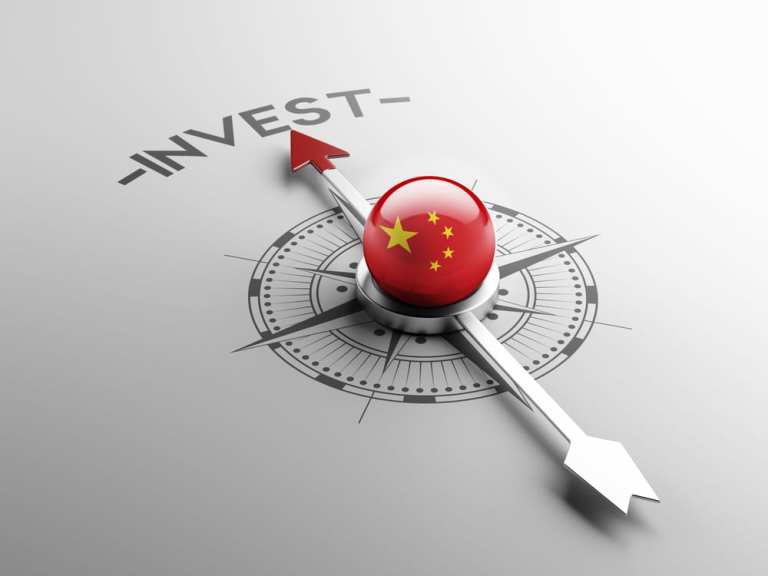
Foreign venture capital (VC) is not doing well in China, according to reports, amid the pulling out of Silicon Valley accelerator Y Combinator, and changing tides in terms of clients to poach.
In November, the first demo day hosted about 24 local startups competing for the attention of investors. However, before that could happen, Y Combinator announced it would not be coming to China after all, then later said it would return under new “boss,” MiraclePlus, a fully local incarnation of the company.
To those watching, that seemed ominous. The reasoning, according to MiraclePlus, was that the “current global environment” had made it a better idea to “master their own destiny” and do things this way, according to Lu Qi, who Y Combinator hired to set up MiraclePlus in 2018.
Until recently, venture capital was doing well in China. Heavy hitters like Lightspeed Venture Partners and Sequoia Capital are thriving, and Chinese founders have been looking for foreign funds to list on American exchanges. Venture capital was “a breeze” in China overall, due to the straightforward ways of dealing with the entrepreneurs themselves, rather than with the government.
However, that has been changing this past year. The rise of more homegrown rivals, along with government funds being funneled into incubators and Chinese internet giants, have complicated dealmaking on that front. Lu told local media that he recalled seeing many Chinese entrepreneurs go through tough interviews, only to turn down foreign funds and go with better-funded Chinese options.
Convincing savvy Chinese partners to come on board has become more difficult, according to Kuantai Yeh of Chinese VC firm Qiming Venture Partners. He added that the flow of talent could have reversed.
Another explanation is the preference of local taste for things like a “mobile karaoke social network,” which might not always translate well to American investors. For this reason, the majority of the top VC firms in China are local Chinese firms.
The end of the venture capital boom in the country came with a “capital winter,” or a slowdown in fundraising activities and funding. There have been 336 new startups that shuttered in the country, even after raising billions from investors.